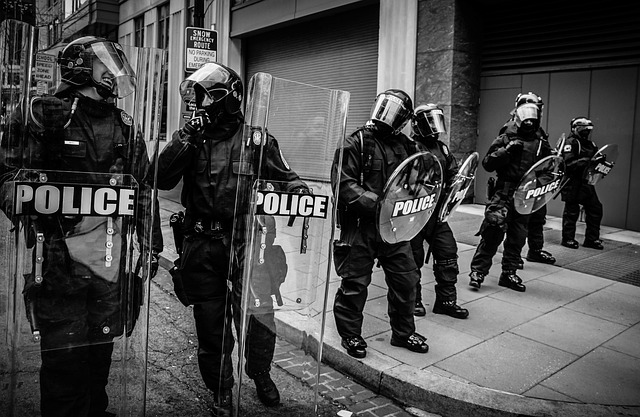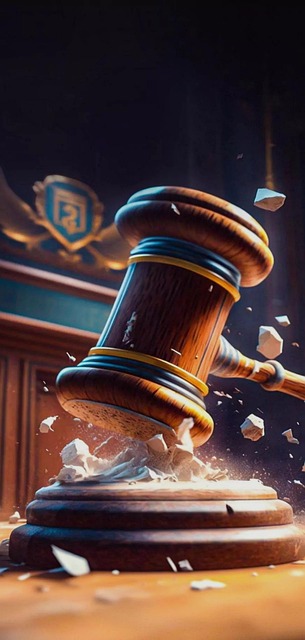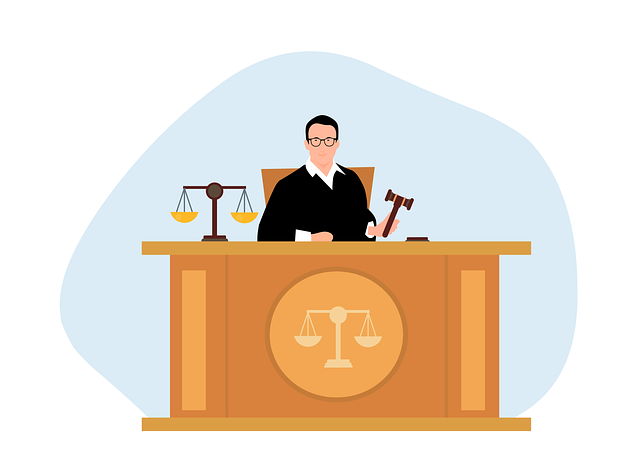Mastering Legal Grounds for Jury Selection Objections is crucial in high-stakes criminal trials, especially white-collar cases. Attorneys use age, occupation, prior legal experience, and personal connections as grounds for objections to ensure an unbiased jury panel. Strategic challenges based on law and human behavior understanding can lead to juror removal or charge dismissal, emphasizing the importance of meticulous juror examination and evidence admissibility challenges for favorable outcomes.
“Delve into the intricate world of criminal law cases and uncover the critical role of jury selection. This article guides you through the legal framework governing objections during this vital process. From understanding the grounds for objections to navigating challenges in trials, we explore strategies for fair and just outcomes.
Key topics include deciphering legal grounds for jury selection objections, ensuring a balanced and impartial jury, and managing unexpected hurdles. Empower yourself with knowledge on how to navigate these complex scenarios effectively.”
- Understanding Jury Selection Process
- Grounds for Objections: Legal Framework
- Navigating Challenges in Criminal Trials
Understanding Jury Selection Process

The jury selection process is a crucial aspect of criminal law cases, as it significantly influences the outcome of jury trials across the country. This meticulous procedure involves sifting through potential jurors to ensure an impartial and representative panel. Attorneys on both sides have legal grounds for objections during this phase, allowing them to challenge prospective jurors who might harbor biases or conflicts of interest. Understanding these objections is key in navigating the intricate dance of jury selection.
Factors such as age, occupation, prior legal experience, and personal connections to the case can prompt either party to request a juror’s exclusion. For instance, a white-collar defense attorney might object to a potential juror who has previously been involved in financial litigation, fearing bias against their client. Effective jury selection requires attorneys to balance their desire for a favorable panel with respect for the legal process, ensuring that justice is served fairly and impartially.
Grounds for Objections: Legal Framework

In criminal law cases, especially high-stakes trials like those involving white-collar offenses, understanding the legal framework surrounding grounds for objections during jury selection is paramount for crafting a compelling defense strategy. The process of challenging potential jurors is meticulously governed by rules designed to ensure impartiality and fairness in the judicial system. Lawyers for both prosecution and defense have the right to object when they perceive bias or unsuitability in prospective jurors, aiming to seat an unbiased panel that can deliver a just verdict.
These objections are based on legal grounds, such as pre-existing knowledge of the case, personal relationships with parties involved, or attitudes that could cloud judgment. A successful objection can lead to the removal of a juror and, potentially, a complete dismissal of all charges, particularly if multiple challenges result in a biased jury. Winning challenging defense verdicts often hinges on strategic and well-timed objections, which require a deep understanding of both the law and the nuances of human behavior within the context of a trial.
Navigating Challenges in Criminal Trials

Navigating Challenges in Criminal Trials
Criminal trials are intricate processes that demand meticulous planning and strategic execution. One of the initial hurdles is the legal grounds for jury selection objections. The ability to challenge potential jurors for cause or peremptory reason is crucial, as it ensures a fair and impartial trial. Attorneys must be adept at recognizing bias, prejudice, or any connection to the case that could influence a juror’s decision. This involves thorough examination of each prospective juror to uncover hidden biases that might skew the verdict.
Furthermore, the goal isn’t simply to avoid indictment but to ultimately secure a complete dismissal of all charges. A robust defense strategy incorporates various tactics, from challenging evidence admissibility to presenting compelling alibi witnesses. An unprecedented track record of success in similar cases can bolster an attorney’s credibility and strengthen their argument for acquittal or reduced sentences.
The effective navigation of criminal trials, from jury selection to addressing legal objections, is paramount in ensuring a fair and just process. Understanding both the intricate details of jury selection and the robust legal frameworks governing objections is crucial for all involved. By grasping these components, participants can better navigate the challenges that arise, ultimately contributing to more equitable outcomes in criminal law cases. This involves recognizing valid grounds for objections based on legal principles and fostering a comprehensive approach to trial management.






